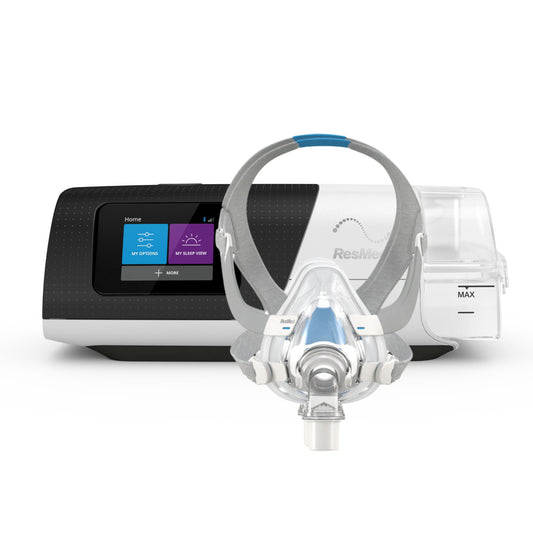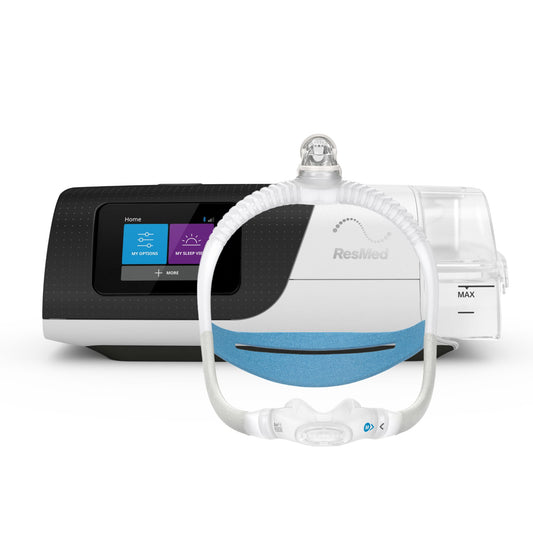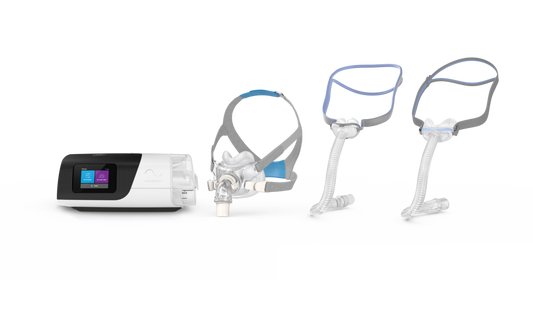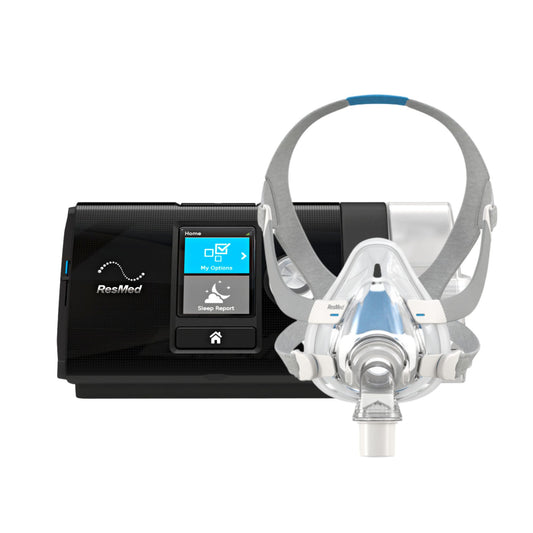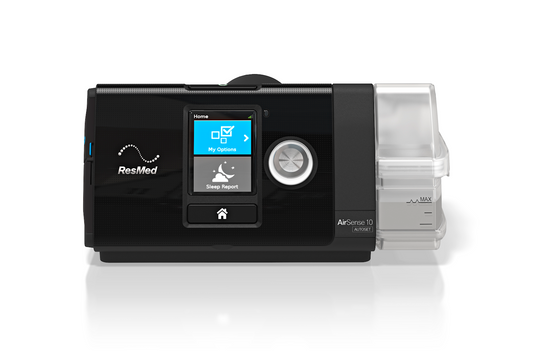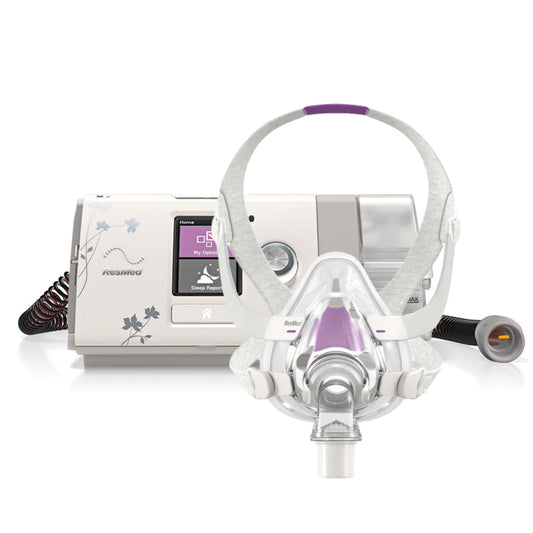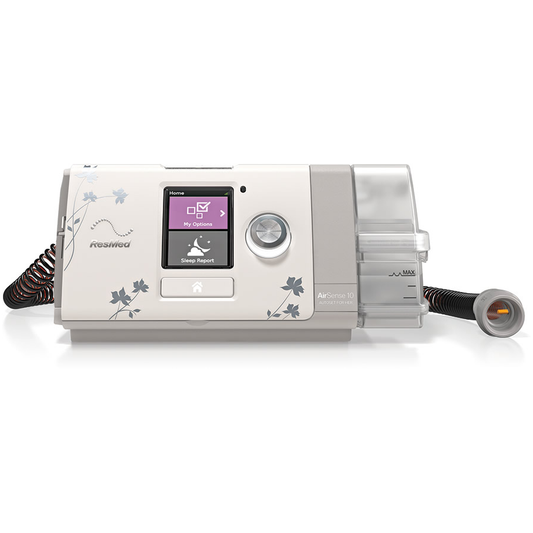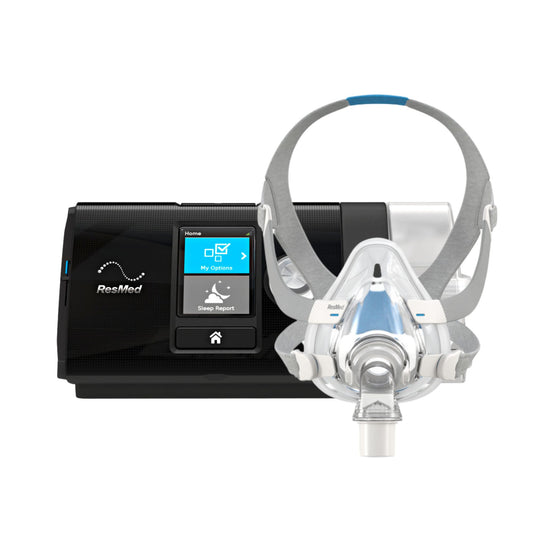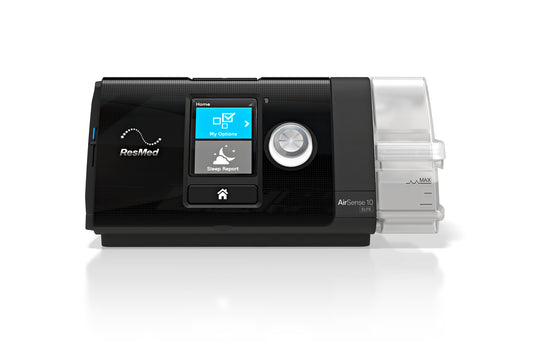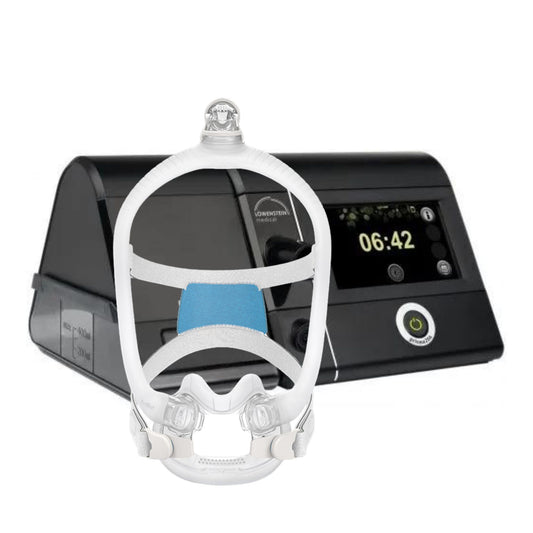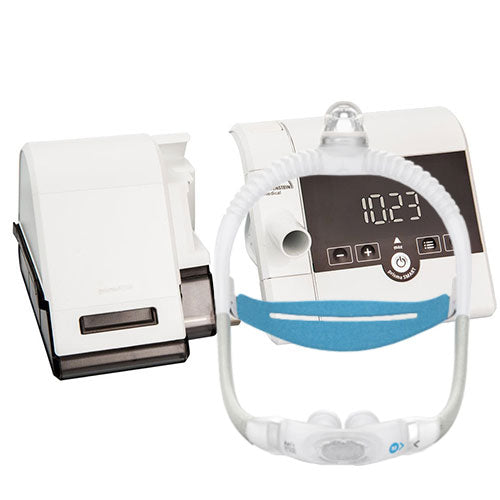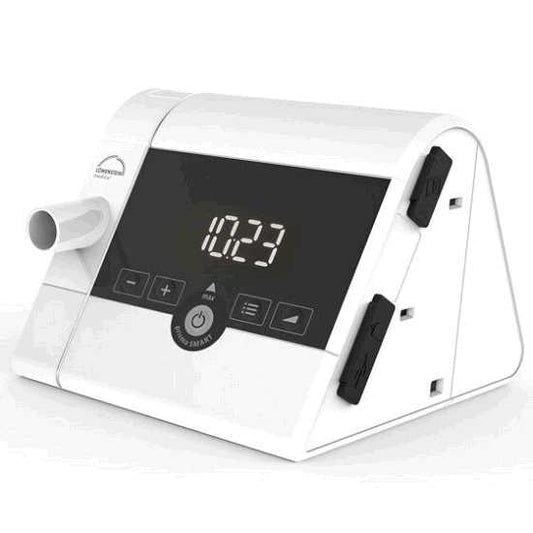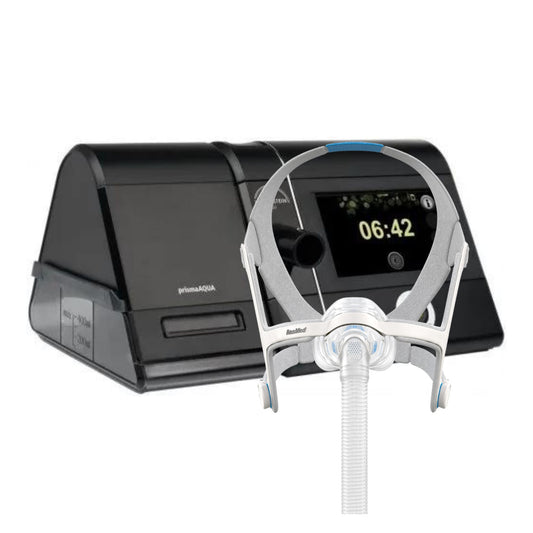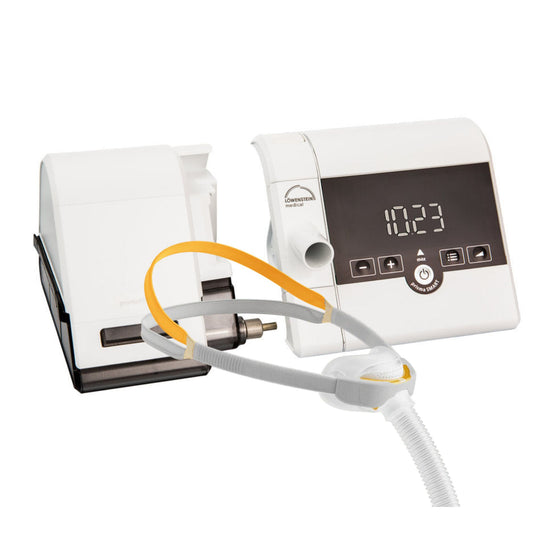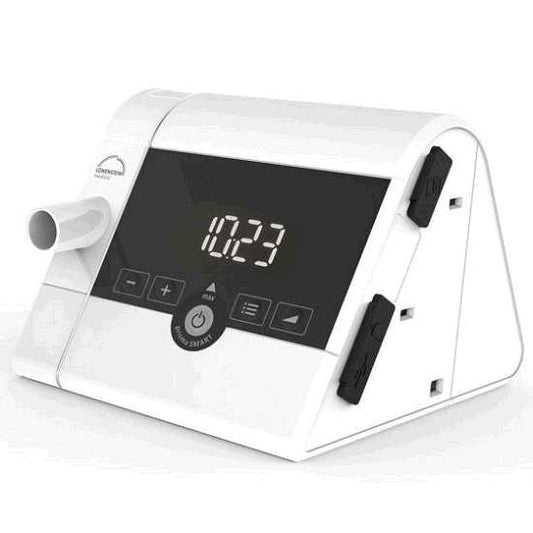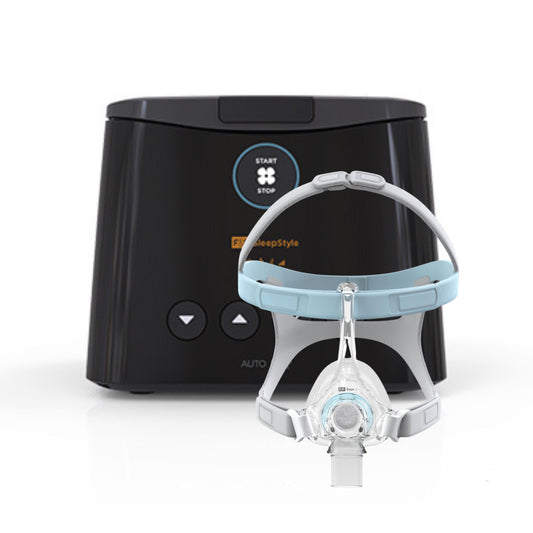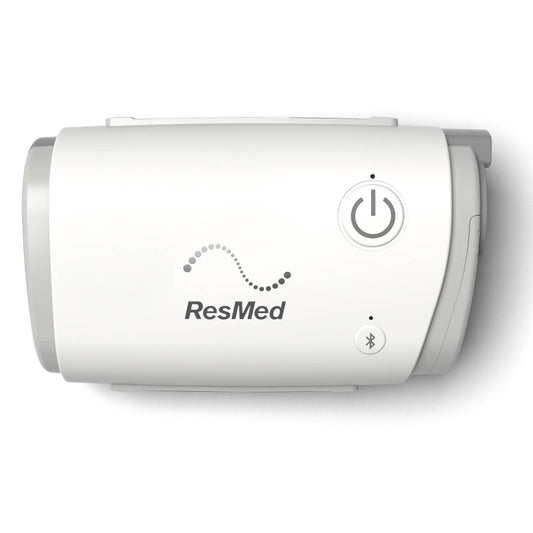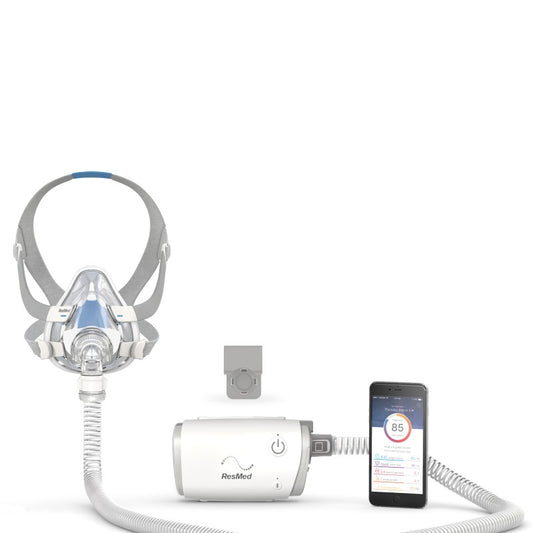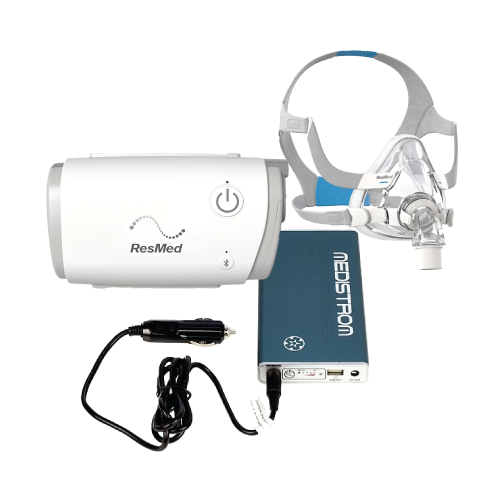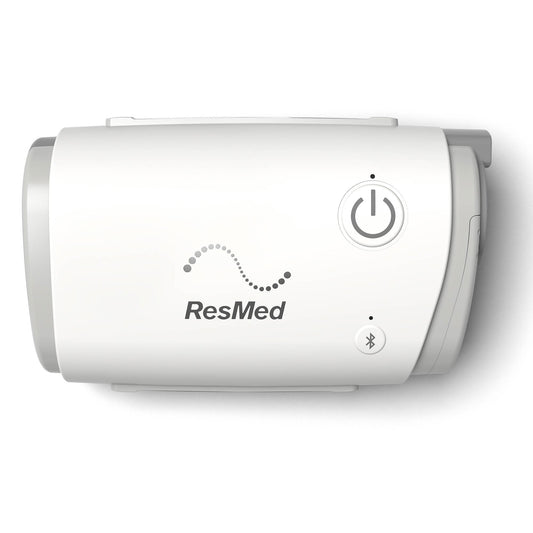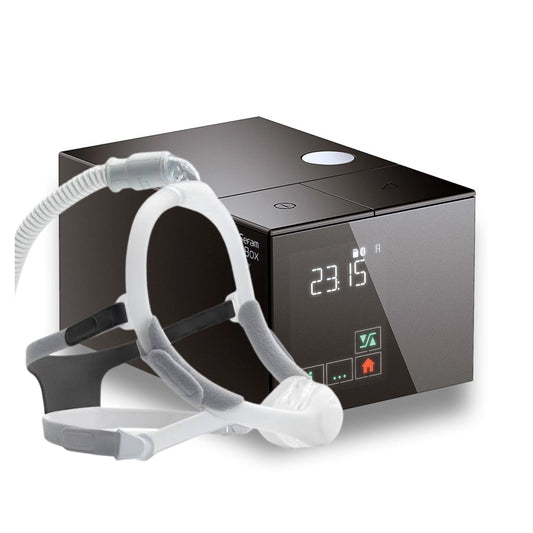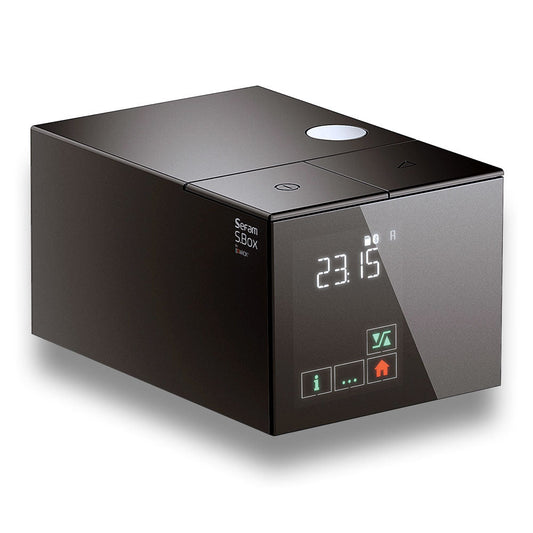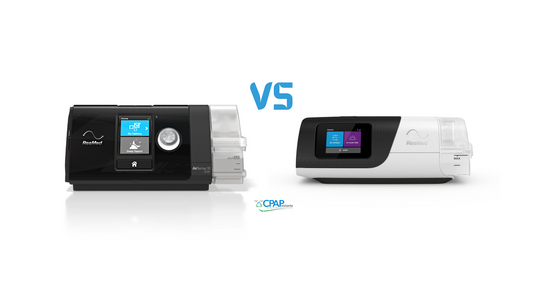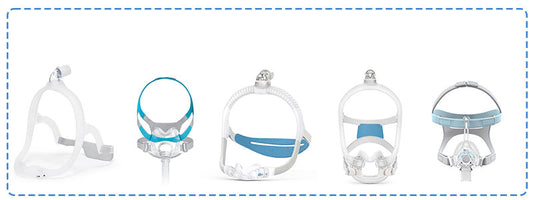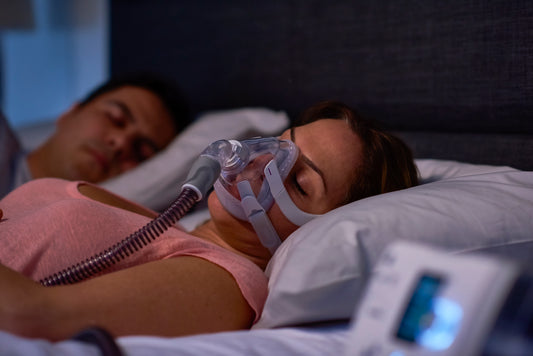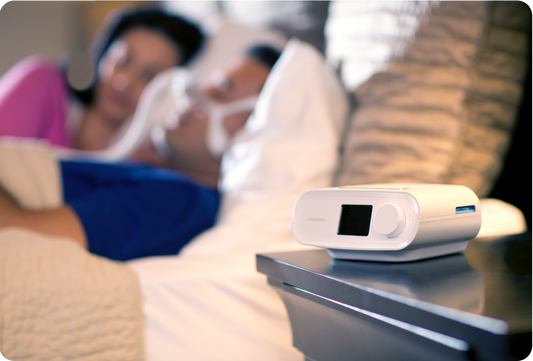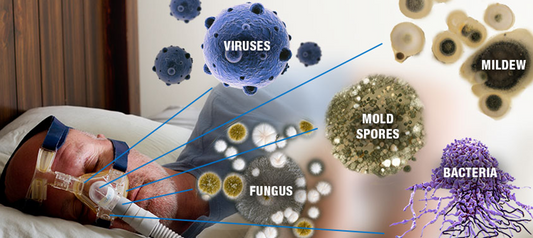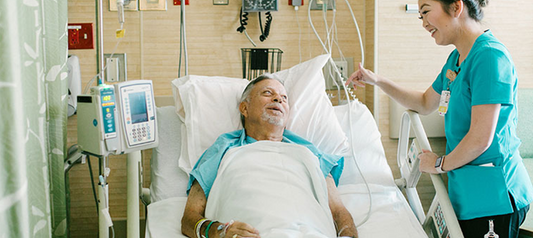Fatigue and sleepiness are two different things.
Fatigue is one’s inability to sustain physical, emotional or even mental effort whereas sleepiness is feeling lethargic or “sleepy” after a huge meal at lunch. There are those who equate fatigue symptoms with daytime sleepiness. Fatigue cannot be relieved with sleep, whereas sleepiness and tiredness can be relived with a short nap.
A person who feels fatigue may try to sleep it off but in most cases falling asleep is difficult because the person is not sleepy at all. Studies indicate that persistent fatigue for a period of 6 months significantly reduces a person’s level of activity, and could therefore have developed chronic fatigue symptoms.
What is Chronic Fatigue Syndrome?
Chronic fatigue syndrome is called myalgic encephalomyelitis (ME/CFS). It is a condition wherein a person feels tired no matter how rest and sleep he gets. People with CFS may feel: depression, frustration, pain, sadness, discouragement, limited function, irritable, and physically weak. A person with undiagnosed and untreated CFS has diminished quality of life.
Is ME/CFS plain tiredness? No it isn’t, as “tired” person may describe his condition as feeling sleepy, unmotivated and uncomfortable and not as fatigued. Other symptoms of chronic fatigue syndrome are:
- Stiff and aching muscles
- Headache
- Lack of concentration and/or impaired memory
- Nausea
- Sore throat
- Non-restorative sleep no matter how long the person sleeps
- Joint pain
- Dizziness
- Alcohol intolerance
- Tender glands
- Night sweats
- Sleep disturbance
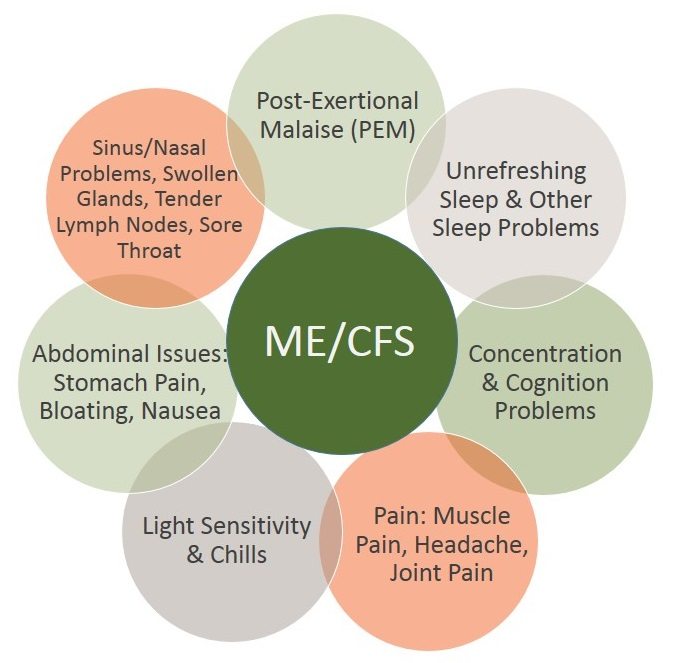
Link between Chronic Fatigue Syndrome and Sleep Disorder
Studies indicate that there is a link between sleep disorder and ME/CFS. It has been found that close to 60% of patient with chronic fatigue syndrome also suffer from hypopnea syndrome or sleep apnoea. Hypopnoea is manifested as shallow breaths that indicate a decrease in a person’s airflow while sleeping. People with CFS complain of insomnia, restless sleep and in the event that they get to sleep have difficulty maintaining sleep.
Since sleep apnoea and chronic fatigue syndrome are related, is it possible to treat chronic fatigue syndrome if the sleep apnoea condition is treated?
To answer this question, a group of scientists grouped patients into those with sleep apnoea or hyponoea and chronic fatigue syndrome, and those with chronic fatigue syndrome with not manifestation of sleep apnoea. The scientists evaluated the two groups and found no significant differences between them.
The group with ME/CFS and sleep apnoea was given CPAP therapy for three months while the other group was not. At the end of the treatment program, there was no marked improvement on both groups’ ME/CFS condition. However, the first group’s sleep apnoea condition was treated.
Though treating sleep apnoea will not treat ME/CFS, all is not for naught.
In a different study, a woman with ME/CFS appeared to have developed a heart condition. After 30 years of suffering from chronic fatigue syndrome she started experiencing breathing problems, angina and heart palpitations. She went to see an ME/CFS specialist and after some tests was diagnosed to have had heart failure. She consulted a cardiologist and was advised to undergo several expensive tests. She refused to have the very expensive vascular dye test.
She went to see an Ear Nose Throat (ENT) doctor for a different ailment. She was advised to undergo a sleep study and was diagnosed with sleep apnoea. Bottom line is that this woman has no heart condition. Her symptoms were due to undiagnosed and untreated sleep apnoea.
Call us now for more information about sleep apnpoea and CPAP therapy.
